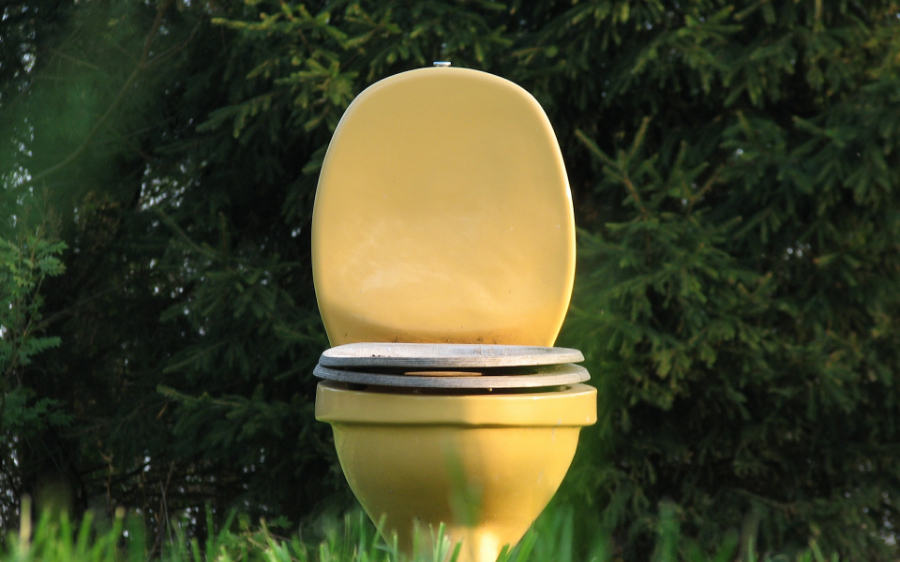What goes in must come out.
How was your week? Mine was illuminating. I attended a conference and joined other like-minded health professionals fascinated by intricately measurable biochemical substances.
Like urine.
Yes, that liquid effluvium you so quickly usher into the sewer system can reveal more about your body systems than you might realize. Output exposes loads about input—plus much more.
For example, metabolic by-products excreted in urine can provide insight into
- fatigue
- poor sleep
- brain fog
- anxiety
- depression
- autism
- ADHD
- gastrointestinal distress
- recurring yeast infections
- autoimmune disorders
- chemical sensitivities
- acid reflux
- skin conditions
- chronic pain
Perhaps you or someone you know has experienced such symptoms or diagnoses?
So while analyzing excreta may not fit your definition of a stellar week, the state of your urine pertains to you. The same goes for your friends and family, even—and perhaps especially—your kids.
The urinary organic acids test, for example, one of many laboratory tests available to the modern functional practitioner, assesses over 70 biochemical markers to paint a comprehensive picture of what’s going on inside the body. We can glean information about
- yeast and fungi
- bacterial overgrowth
- vitamin and mineral status
- neurotransmitter production
- energy cycle function
- antioxidant deficiency
- fatty acid metabolism
- oxalate levels
- chronic inflammation
- genetic defects
- toxic chemical exposure
- cancerous tendencies
- and more
All that from peeing in a cup first thing in the morning? Pretty fascinating, huh?
More than fascinating, though, is what we can do with this information.
You don’t need to recall high school science class (think Krebs cycle, mitochondria, and ATP) to recognize that these markers strongly correlate with how well your body is able to sustain optimal function. Elevated markers, when assessed and subsequently corrected, can be your prescription for better health.
For example, the presence of unwanted yeast or bacteria may warrant herbal antimicrobials or high-potency probiotics. Apparent deficiencies may point to specific foods or supplements. And impaired detoxification pathways may necessitate corrective lifestyle measures. All of this yields very personal results: you feel better, and in some dramatic cases, you may experience a reversal of those oft-deemed “irreversible” symptoms and diagnoses noted earlier.
This is the power of functional lab work. Not only can it uncover underlying imbalances, but it can also reveal precisely what steps to take to correct those imbalances.
Think of urine (or blood, saliva, feces, breath…but those are topics for another day) as your personalized diagnostic tool and prescription code. Everything your body does, including what it excretes, clues you into its internal function.
Yet it’s not just about you. Investigative work like organic acids testing is appropriate for children, especially those exhibiting neurological, developmental, behavioral, or digestive abnormalities like autism, ADHD, and multiple food sensitivities. Often concrete causal factors—including high oxalates, bacterial and fungal overgrowth, and toxic chemical and metal exposure—are strongly implicated in these conditions plaguing our youth. Fortunately, children tend to be resilient, so they may respond quickly once such causal factors are identified and resolved.
Don't have a laboratory at your disposal to glean information from your daily forays to the restroom? I can help with that. Or there is another way.
While functional laboratory testing didn’t exist thousands of years ago, clinical observations did—and Ayurveda took exquisite advantage of that. Subtle variations in color, predominant smell, relative quantity, turbidity, and overall appearance of the urine all spoke eloquently to those sage Ayurvedic practitioners of yore, indicating which organs and systems might be compromised and guiding treatment.
The ancient Ayurvedists even conducted experiments of their own with first morning urine. They placed a drop of sesame oil on the surface and observed the results: how quickly the drop spread, what pattern it produced, which direction it favored, whether it floated or sank. From repeated observation and reflection, they were able to predict with uncanny accuracy the probability of certain conditions, underlying imbalances, and even imminent mortality. Again, urine became a valuable diagnostic, prognostic, and prescriptive tool.
Yes, this phenomenal flushable says a lot about you.
And, as we’ve seen, looking for clues in urine is far from new—though technology makes analysis on an infinitesimal level now possible. You need not start there, however. Simply begin paying attention to your excreta. What might it be telling you? Is it strangely colored, frothy, malodorous? Has it increased in quantity or frequency, apart from dietary and hydration factors? How about your children? Are they exhibiting any unusual behavior, either related to urination or otherwise? If I’ve piqued your interest, consider trying the sesame oil experiment at home and report back!
Self-knowledge is the first step toward empowered change. If you’re interested in subsequent steps or wondering whether functional diagnostic urine analysis may be appropriate for you or your family, feel free to connect with me.
Like this post?
Want more? We put together a FREE guide with you in mind. Not only is it essential for pregnant women, but it’s also key for anyone desiring good health. And isn’t that all of us?

